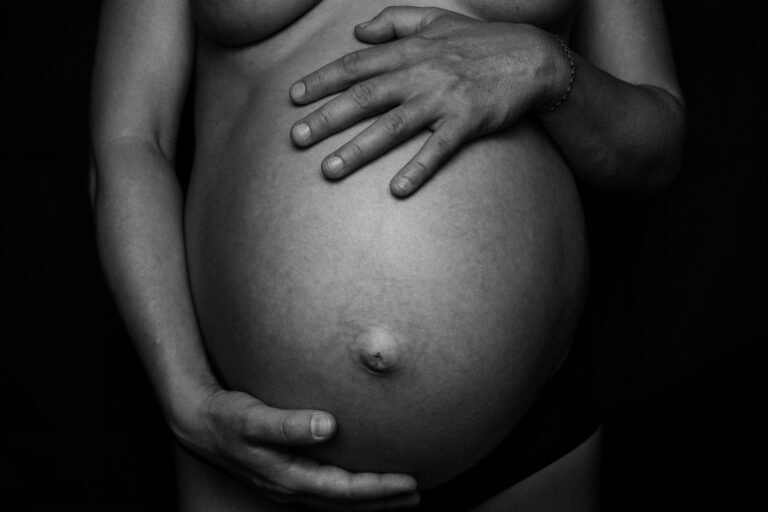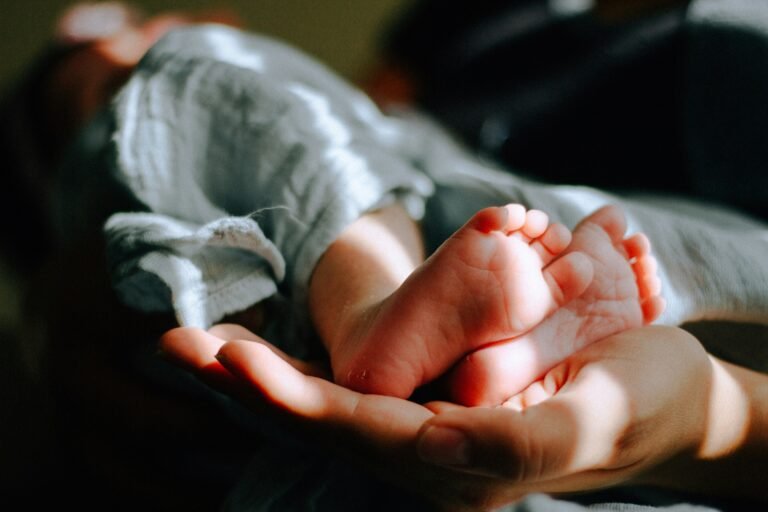What to Do If IVF Fails: Emotional and Financial Next Steps
One of the hardest parts of an IVF journey is dealing with the outcome when treatment doesn’t work. IVF failure can take a toll not just emotionally, but financially too. This blog explores what happens after an unsuccessful cycle and how to plan your next move without losing hope — or control of your budget.
1. Acknowledge the Emotional Impact IVF is physically demanding and emotionally draining. Give yourself time to process the outcome:
- Speak with a fertility counsellor (many clinics offer this as standard)
- Join support groups, online or in-person
- Take time away from decisions if you need it — there’s no rush to start again
2. Review What Went Wrong (If Anything) Ask your clinic for a detailed debrief. Many offer a follow-up consultation where you can:
- Review your protocol and lab results
- Discuss egg and embryo quality
- Explore possible reasons for failure
This helps inform your next attempt — or whether an alternative route may be more effective.
3. Calculate What’s Left in the Budget An unsuccessful cycle is not just emotionally tough — it’s a financial blow. Now’s the time to:
- Review what was spent
- Check if you’re eligible for refunds (if on a money-back programme)
- Assess your capacity to fund another cycle, either privately or via NHS if eligible
4. Consider Taking a Break Taking time off between cycles can help restore emotional wellbeing and savings. Some couples:
- Travel
- Reconnect socially
- Focus on health or work goals
This can be just as strategic as immediate re-treatment.
5. Explore Alternative Options If multiple IVF cycles have failed, you might consider:
- Donor eggs or sperm
- Surrogacy
- Embryo donation
- Adoption (as a longer-term option)
These come with new considerations — financial, emotional, and legal — so take your time.
6. Ask About Clinic Support and Discounts Some clinics offer discounted rates for follow-up cycles or special pricing for returning patients. It’s worth asking.
7. Reframe the Journey Unsuccessful IVF doesn’t mean the end — it’s a step in a complex, evolving process. Many couples require 2–3 cycles. Staying informed, emotionally resilient, and financially prepared increases your chances over time.
Real-Life Example: Matt and Priya’s first IVF cycle failed. They took a 4-month break, joined a local support group, and saved for one more cycle — which led to success. The time off helped them emotionally reset and re-approach treatment with clarity.
A failed IVF cycle is heartbreaking — but not uncommon. What matters most is how you manage the emotional and financial aftermath. There is support available, and there are still options ahead.






